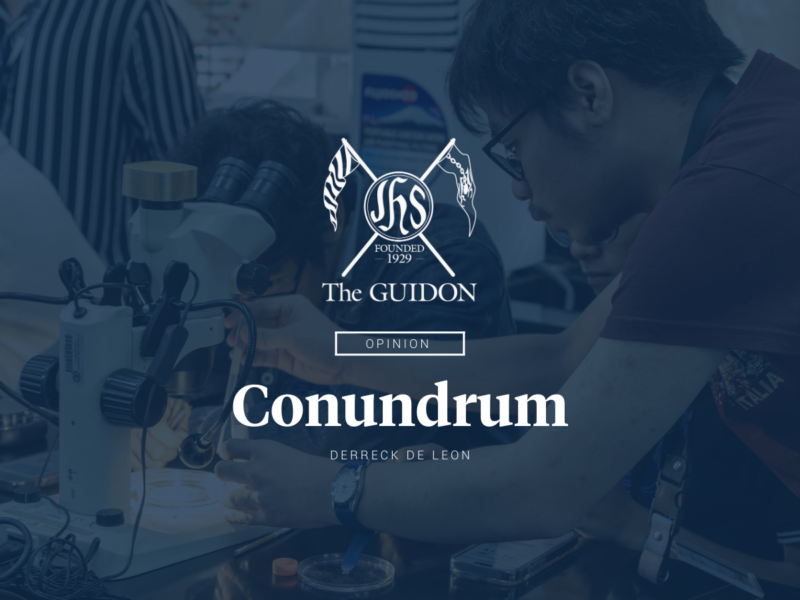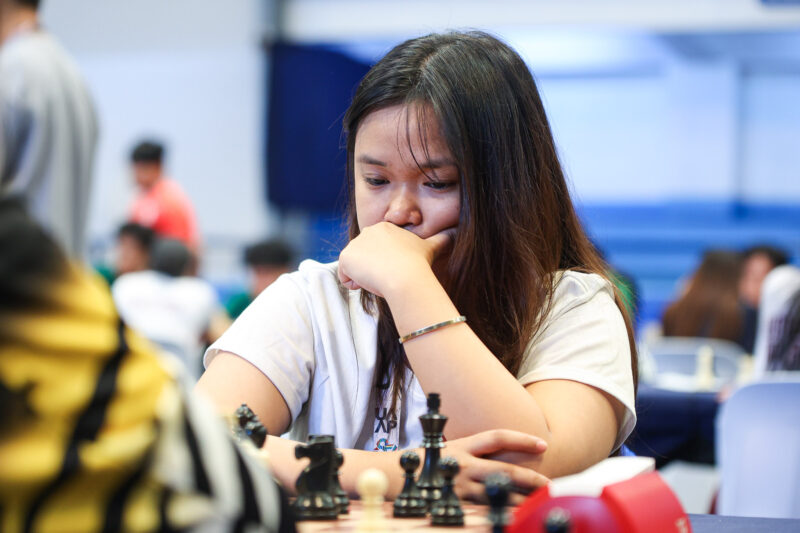THE ATENEO de Manila University once again showed what Magis means with its rise of ranks at the Times Higher Education-Quacquarelli Symonds Asian University Rankings this year.
Ateneo is now in 58th place in Asia and ranked first among Philippine universities. This is an improvement from 2009, where Ateneo was 84th in Asia and third in the country.
Loyola Schools Vice President (VP) John Paul Vergara said that they are glad that the Ateneo improved its position in the rankings and placed well relative to other Philippine universities. “However, we stress that we have always viewed these rankings with caution as the results are very dependent on the methodologies used,” he said.
“I reiterate what Fr. Nebres has always mentioned regardless of how well we place: rankings are important because they measure how the world perceives us, but we have to reflect on these perceptions and measures within our own view of our vision and mission,” added Vergara.
Sanggunian President Rob Roque said this is very good news for the community.
“It is a testament to the consistency of growth in Ateneo. The student government is happy with the [administration]’s consistency in its leadership despite the transition mode we had from the VP’s positions and the upcoming transitions. This is really a reason to celebrate,” he said.
Highlights of the year
Vergara said that the Junior Term Abroad Program and other international linkages contributed to Ateneo’s good performance in the internationalization component.
“The methodology used by QS depends significantly on the number of inbound and outbound student exchanges as well as on how other universities view us (academic peer review),” said Vergara. “Our internationalization efforts have obviously affected these indicators in a very positive way.”
According to School of Science and Engineering Dean Fabian Dayrit, internal feedback—feedback from the school’s employees—also contributed greatly to our current ranking.
School of Humanities Dean Maria Luz Vilches said research and services rendered by the school were also last year’s highlights.
“We have shown greater strength in our research capability through more faculty research output. In the School of Humanities, Kritika Kultura, the English Department online refereed journal has been indexed in Scopus and the Modern Language Association (MLA),” she said.
“More members of the faculty have come back with their Ph.D. degree,” added Vilches.
Roque said improvements in research benefit the students because of the new ideas and teaching methods by their teachers. “There is a great increase in the publication and research area of the Ateneo that helps development further the faculty that we have.”
Vilches also attributes Ateneo’s rise in the rankings to the improvement of facilities and student services such as the construction of the new library, among others.
Psychology and Mathematics Professor Queena Lee-Chua said the efforts on student-centered learning in most subjects helped in improving education given to them. “Instead of the teacher using the traditional mode of lecture delivery all the time, students are now encouraged to learn through alternative means, and through their efforts outside, not just inside the classroom,” she said.
No complacency
Both the faculty and administration are in agreement that the improvement in Ateneo’s position in the university rankings should not be coupled with complacency.
Vergara said that the school should continue focusing on improving its research and its interdisciplinary programs.
Dayrit reminded everyone to use this prestige selectively and wisely. “A pat in the back is nice but this should not be the absolute measure of the school’s quality of education. This should not be the center in any public campaigns in the national level.”
“When you actually look at it, we may have gone up but we are still 58th place in Asia. The Philippines still has a lot of work to do in terms of education. This is nice, but it also shows that as a country we still have quiet a lot to face,” he added.






